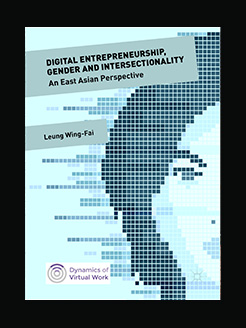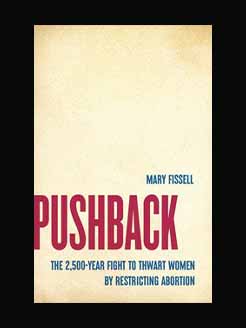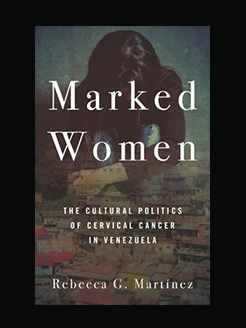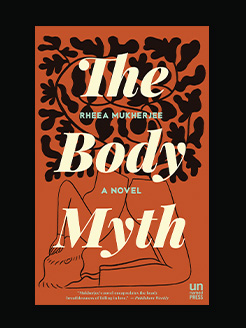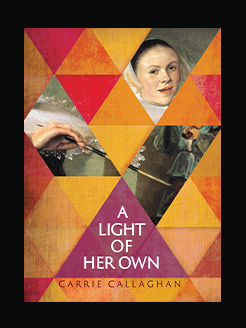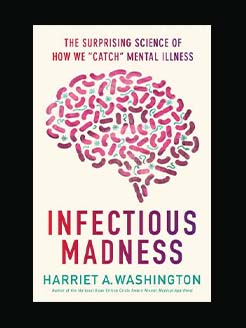Published in 2000 (first published 1978)
300 pages
Susan Griffin has written over twenty books, including non-fiction, poetry and plays. Her work addresses many social and political issues, social justice, the oppression of women, ecology, war and peace, economic inequities and democracy. Often she approaches her subjects at a slant, using and following the music of language, metaphor, stories and incidents from her own life to reveal the underside of larger histories and realms. Her book, A Chorus of Stones, the Private Life of War, was a finalist for the Pulitzer Prize and a NY Times Notable book in the year it was published. Woman and Nature, considered a classic of environmental writing, is credited for inspiring the eco-feminist movement. The Book of the Courtesans introduced a hidden chapter in women’s history. Along with her co-editor, Karin Carrington, who is a psychotherapist, she has just completed editing an anthology called Transforming Terror, Remembering the Soul of the World, with a preface by Archbishop Desmond Tutu, and contributions from thinkers, psychologists, spiritual and political leaders and poets from diverse cultures and religions, including Mahmoud Darwish, Riane Eisler, Fritjof Capra, Huston Smith, Ariel Dorfman, Dan Ellsberg, and Fatema Mernissi. She is at work now on a novel about climate change and a non-fiction book, The Book of Housewifery, about the hidden meanings and values in domesticity. She and her work have been given many awards, among them a Guggenheim Foundation Award and an Emmy.
What is this book about?
In this famously provocative cornerstone of feminist literature, Susan Griffin explores the identification of women with the earth—both as sustenance for humanity and as victim of male rage. Starting from Plato’s fateful division of the world into spirit and matter, her analysis of how patriarchal Western philosophy and religion have used language and science to bolster their power over both women and nature is brilliant and persuasive, coming alive in poetic prose.
Griffin draws on an astonishing range of sources—from timbering manuals to medical texts to Scripture and classical literature—in showing how destructive has been the impulse to disembody the human soul, and how the long separated might once more be rejoined. Poet Adrienne Rich calls Woman and Nature “perhaps the most extraordinary nonfiction work to have merged from the matrix of contemporary female consciousness—a fusion of patriarchal science, ecology, female history and feminism, written by a poet who has created a new form for her vision. …The book has the impact of a great film or a fresco; yet it is intimately personal, touching to the quick of woman’s experience.”

